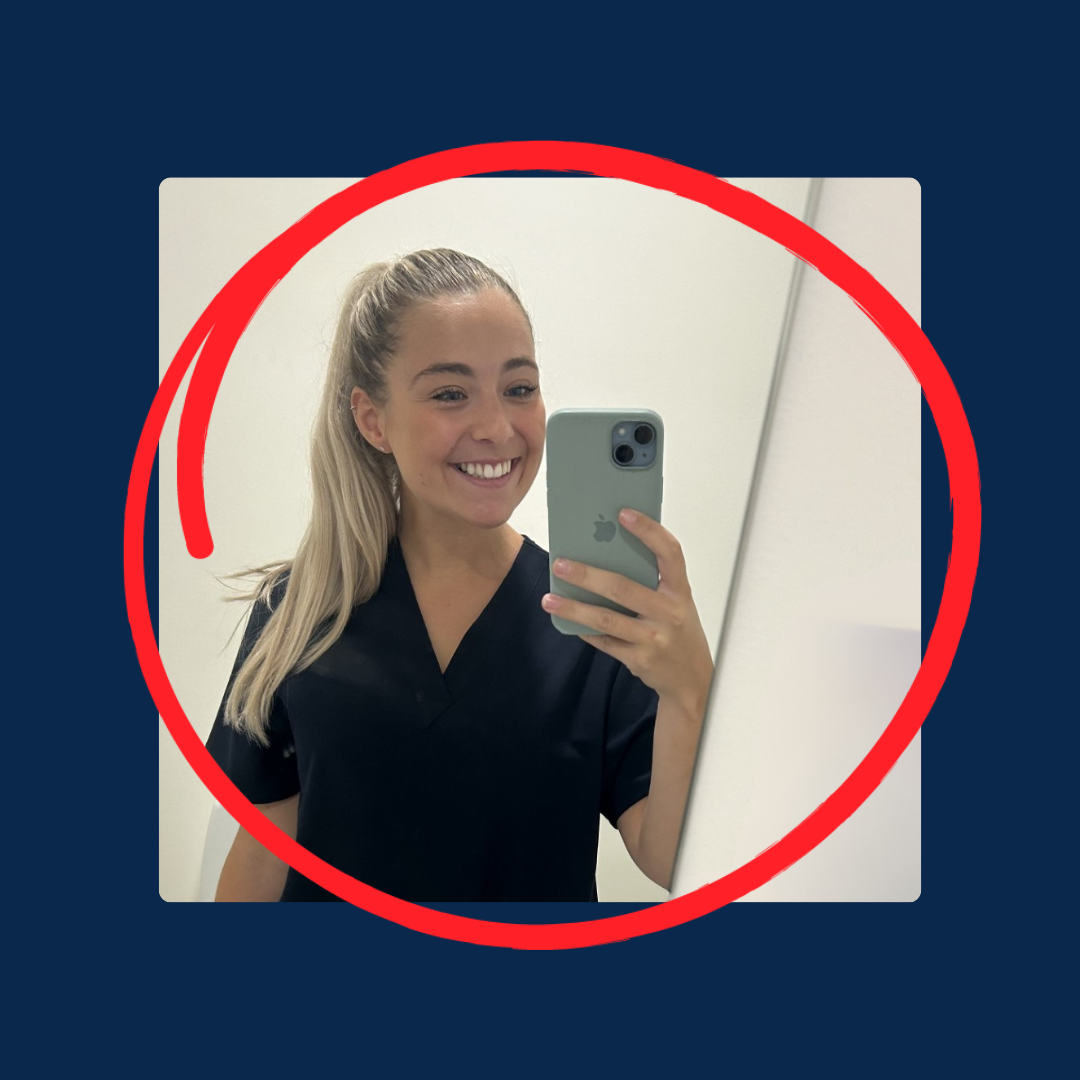
Getting restful sleep can feel elusive, especially for nurses who work long shifts on rotating schedules. Just over two-thirds of nurses — Assistants in Nursing, Enrolled Nurses, Registered Nurses, and Midwives — struggle to stay awake during shifts due to poor sleep quality.
Getting quality sleep is not a luxury for nurses — it is a necessity. Ensuring you get the recommended 7 to 9 hours of sleep is an important part of practising good sleep hygiene.
Strategies for improving sleep hygiene
Agency nurses work hard and are tired at the end of a long shift. All they want to do is fluff their favourite pillow and fall into a deep sleep. Shifting from a day to night roster (and back again) can make it challenging, but not impossible. Here are some strategies for making quality sleep a reality.
Tips for night roster nurses
When you work an overnight shift, it is difficult to convince your body and your brain they must stay alert and ready for action. There are tricks you can use to adjust.
- Sleep consistency is key to making the adjustment. You must train your body to work against its normal instincts for sleep and wake cycles by sticking to a routine. For instance, if you sleep from 8 a.m. to 5 p.m. on your days on, you must maintain the same sleep schedule on your days off. Once your body gets into the habit of following this routine, you will get a more restful sleep.
- Eliminate distractions like sunny bedrooms by using blackout curtains and an eye mask. If you need to block out household noise, consider earplugs and a white noise machine set to a sound you find soothing. Turn off your phone while sleeping unless you are on call. You can set your phone to “Do Not Disturb” and make an exception for your employer’s phone number only to ring through.
- Take a hot shower or bath before you go to sleep to help your body relax, or perform some meditation to help you wind down from your shift and relax enough for sleep.
Tips for day roster nurses
Day roster nurses have it a bit easier but still must follow a few rules to get restful sleep before a busy shift. Here are some tips.
- Drink caffeine in moderation and never past 3 p.m. Moderate amounts every 2-3 hours is better than a super dose in one sitting.
- Take a nap during your break for 10-20 minutes to refresh. Using the “coffee nap” method helps boost nap benefits.
- Do a quick workout during a break to help keep your blood pumping. Knee lifts and jumping jacks work great.
Tips for rotating shift nurses
Rotating shift nurses perhaps have it the most difficult when trying to get enough rest. One of the best strategies you can use to help your body adapt is adjusting your sleep times. If you know you will switch from day shift to night shift, gradually delay your bedtime an hour each night to prevent a shock to your system. If you work a rotating schedule and find yourself worn out or unable to adjust, speak to your supervisor. They may be able to adjust your shifts or find a rotation that is better suited to you.
A final word on sleep hygiene
First Choice Care Nursing Agency cares about the quality of sleep nurses get before their shifts. We recognise that rotating shift nurses may need accommodations. That’s why we offer flexible schedules that promote your health and wellness. Contact us today to explore career options.
More articles





